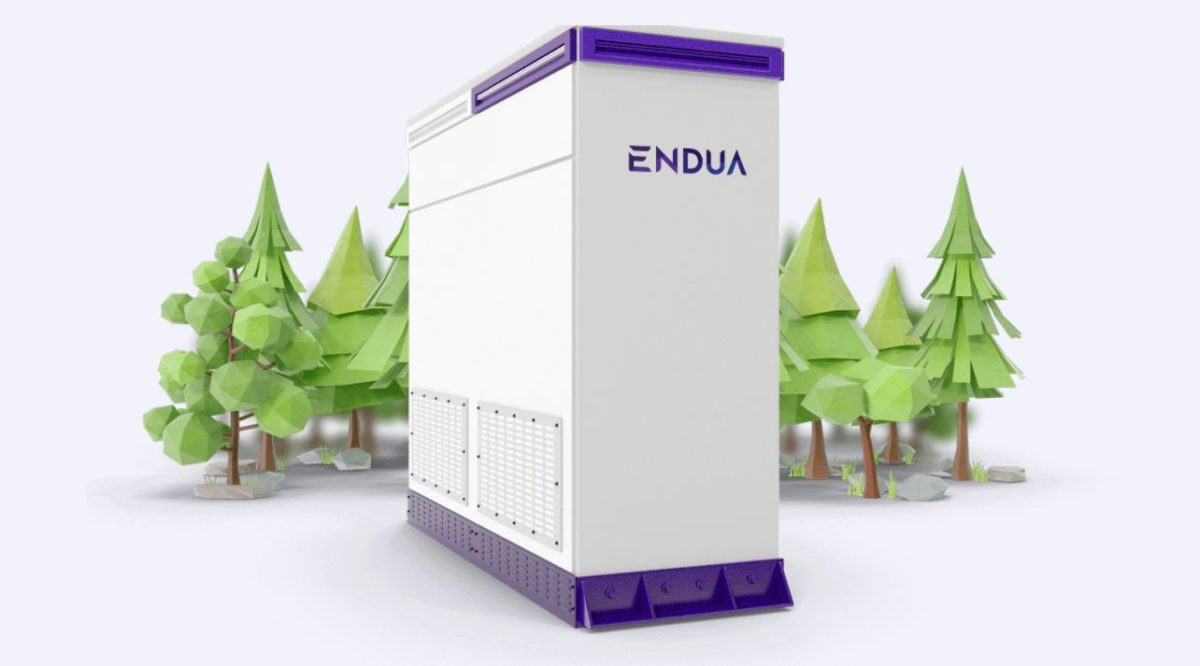Brisbane-based Endura, which plans to build modular hydrogen power banks using new electrolysis technology developed by Australia's Commonwealth Scientific and Industrial Research Organisation (CSIRO), is among 22 businesses that will share more than AUD 12.2 million ($8.8 million) in funding to commercialize their ideas.
The grants are part of a government program to help Australian companies grow, commercialize innovations, and gain further investments to enter new domestic and international markets.
Endua has received a grant of AUD 998,269 to commercialize its hydrogen-powered energy storage solution designed to deliver sustainable, reliable and affordable power for the off-grid market. It plans to manufacture clean power generation and storage in a modular power bank that can drive power loads of up to 150 kW in a single pack.
The company will use CSIRO electrolysis technology to produce hydrogen in its device, which will store and deliver renewable energy. Batteries serve as backup, but Endua’s goal is to deliver clean energy that can be stored in large quantities, enabling off-grid infrastructure and communities to have self-sustaining power sources.
Popular content
Endua Chief Executive Paul Sernia, the founder of EV charger maker Tritium, said the hydrogen-based technology will make it possible for regional communities, towns and industries like mines and remote infrastructure to become self-sustaining from the grid, using only renewables.
“Hydrogen electrolysis technology has been around for quite some time but it still has a long way to go to meet the expectations of commercial markets and be cost-effective when compared to existing energy sources,” he said. “The technology we’ve developed with CSIRO enables us to make the cost more affordable compared to fossil fuel sources, more reliable and easily maintained in remote communities.”
Sales of Endua’s power bank technology will initially focus on the off-grid diesel generator market, which accounts for $1.5 billion of diesel and 200,000 tons of carbon emissions per annum.
To continue reading, please visit our pv magazine Australia website.
This content is protected by copyright and may not be reused. If you want to cooperate with us and would like to reuse some of our content, please contact: editors@pv-magazine.com.



It will hv big market in India if it is economically viable and has huge potential for telecom sector remote installations